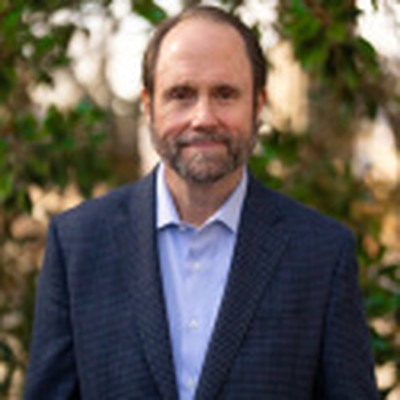The Salon headline caught my eye: "Hobby Lobby-funded Jesus Super Bowl ads can’t hide the hate that fuels the Christian right"...


The Salon headline caught my eye: "Hobby Lobby-funded Jesus Super Bowl ads can’t hide the hate that fuels the Christian right"...
Would you like your marriage and other significant relationships to be stronger and more loving? The answer is found in a place many of us would never think to look.
This issue is not going away for the president, or for the leading contender to replace him in the Oval Office.
What might surprise you is the number of fans watching yesterday’s game who have never watched football before.
It turns out, there are quite a few players and team personnel on both sidelines who are Christians.
I don't usually turn to Rolling Stone magazine for objective reporting on cultural issues. But that fact makes my point today.
The world is watching the latest negotiations in the Israel–Hamas war amid ongoing attacks by the Houthis and Hezbollah. In the meantime, we should not miss this headline from the Jerusalem Post: “Iran closer than ever to weaponizing uranium, building nuclear bomb.”
Every one of us will deal with unfair and unjust situations in life. We cannot avoid them, and we cannot predict them. But godly wisdom allows us to control our response in the situation.
China has already been caught attempting to access critical infrastructure sectors like our power grid, water systems, and oil pipelines as recently as last year.